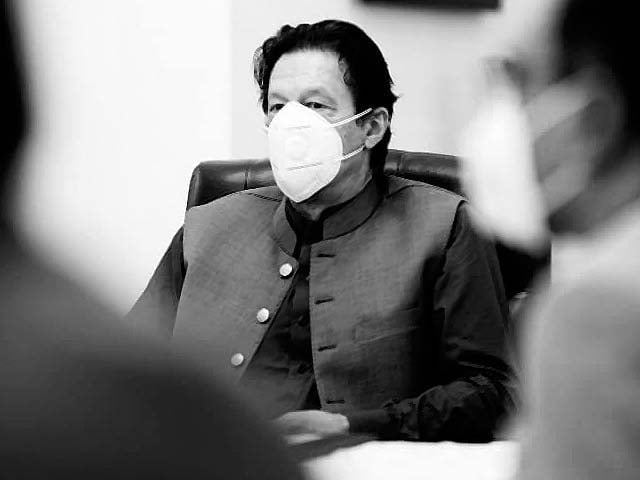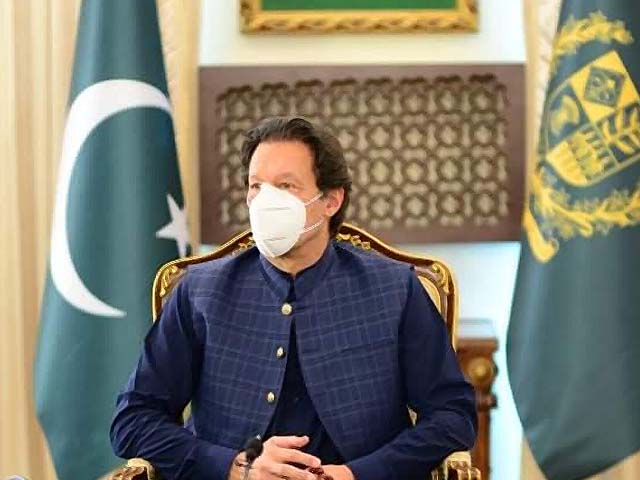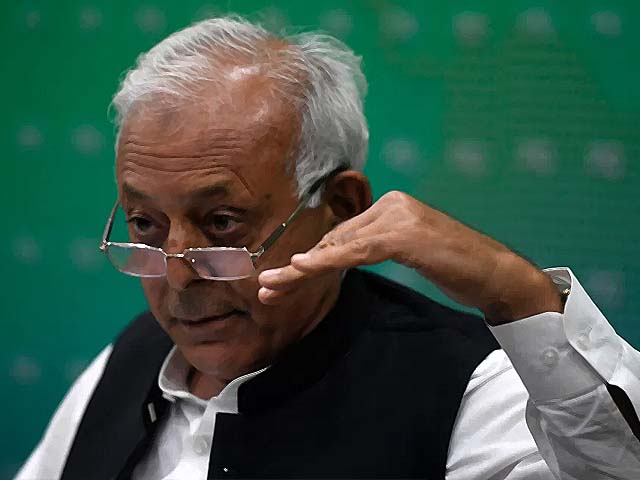
Afghans listen to speeches during the final campaign rally for Abdullah Abdullah. PHOTO: AFP
Who will emerge on top after Afghanistan's elections?
These elections will demonstrate Afghanistan's political divisions and will also have ramifications across the region
Amidst growing fears of violence during the elections, the people of Afghanistan will head to the polls September 28th to decide their future president. A country which has been riddled with war, tenuous stalemates, and terror since the Soviet invasion, finds itself having to now contend with an uncertain future because of the resurgence of the Taliban. The knife’s edge on which Afghanistan is precariously balancing at the moment received another shock recently when talks between the United States (US) and the Taliban collapsed.
Donald Trump’s pledge to pull US troops out of Afghanistan seems to have fallen by the wayside, and Afghanistan desperately need a leader who can steer them through these uncertain times. Additionally, a development which will only further complicate the elections is the call by the Taliban to boycott the elections, a sobering reminder that they are still a vital piece on Afghanistan’s political chessboard. Therefore, with so many vested interests and political players dominating the landscape, these elections will not only give an insight into the political divisions which have become entrenched in Afghanistan, but will also have wider ramifications across the region. Afghanistan has been turned into a battlefield for a proxy war between Pakistan and India, and continues to hold a very important position as far as Pakistan’s geo-strategic and foreign policy goals are concerned. Hence, the outcome of these elections will impact both Pakistan and India.
In Afghanistan’s last presidential election, the primary battle was fought between President Ashraf Ghani and Abdullah Abdullah. It was a close fight, which Ghani won by a thin majority in the second round (as per the constitution of Afghanistan, the election system will enter into a second round if one of the candidates does not obtain a 50% majority). After the first round, the top two candidates are given a chance to compete with each other, head to head, in the second round. From the looks of it, it seems like this election will once again boil down to a stand-off between Ghani and Abdullah, even though the likes of Gulbadeen Hekmatyar, Ahmad wali Massoud, and Rahmatullah Nabil do enjoy some support.
But the role of the Pashtuns in determining the election outcome cannot be understated since they form the largest ethnic group in Afghanistan, comprising more than 45% of the total population. Because of Afghanistan’s demographics, both Ghani and Abdullah would be aware that the Pashtun voter base is crucial and could ultimately dictate the results of the election but it is currently split between Ghani and Hekmatyar since both are Pashtuns. If Hekmatyar succeeds in appealling to Pashutn voters, then he could potentially draw votes away from Ghani, and consequently force another round of voting. As a result, in order to make sure that this sort of voter division does not impact the results, Ghani has aligned himself with Amrullah Saleh, naming him as one of the candidates for the post of vice president. Saleh is a Tajik, and the Tajiks are the second-largest ethnicity in Afghanistan after the Pashtuns, and Ghani is hoping that the Tajik voters will back him as a result.
Given the history of the previous presidential elections, one can predict that Ghani will probably emerge victorious, albeit by a thin margin. Similar to many other developing nations, the state machinery and resources in Afghanistan will be used to favour the ruling candidate. However, if Hekmatyar or Rahmatullah can grab a considerable tally of votes, then Ghani, despite being the favourite, could be defeated by Abdullah. But, regardless of who emerges victorious, what role the Taliban will play going forward in light of the failed talks with the US will be a key factor in determining the future of Afghanistan. Both Hamid Karzai and Ghani were unable to unite the country, and the recent escalation in violence initiated by the Taliban does not bode well for the region.
Stability in Afghanistan can only be brought back by either eliminating the Taliban or by convincing them to participate in the democratic process. Since efforts to fight the Taliban, led by the US and coalition forces, have been in vein, dialogue seems like the only option. An end to the bloodshed through a resumption of talks between the Afghanistan government, the Taliban, the US and Pakistan is the need of the hour. Furthermore, since Afghanistan always levels allegations against Pakistan for meddling in its elections, Pakistan has done the right thing by closing all crossing-points along the Pak-Afghan border. Peace with ones neighbours is essential if a nation wishes to attain economic and social progress, and both Afghanistan and Pakistan have paid a heavy cost for the Taliban misadventure.
Instead of housing a proxy war and facing a Taliban insurgency at the same time, the leadership in Afghanistan should neutralise its relations with Islamabad and New Delhi, and divert its focus towards Afghanistan’s economic and social problems. In the long run, the rise of the Taliban can only be curbed if Afghanistan can successfully reduce poverty and increase access to education. One hopes that the outcome of the elections in Afghanistan is a step in this direction.




COMMENTS
Comments are moderated and generally will be posted if they are on-topic and not abusive.
For more information, please see our Comments FAQ